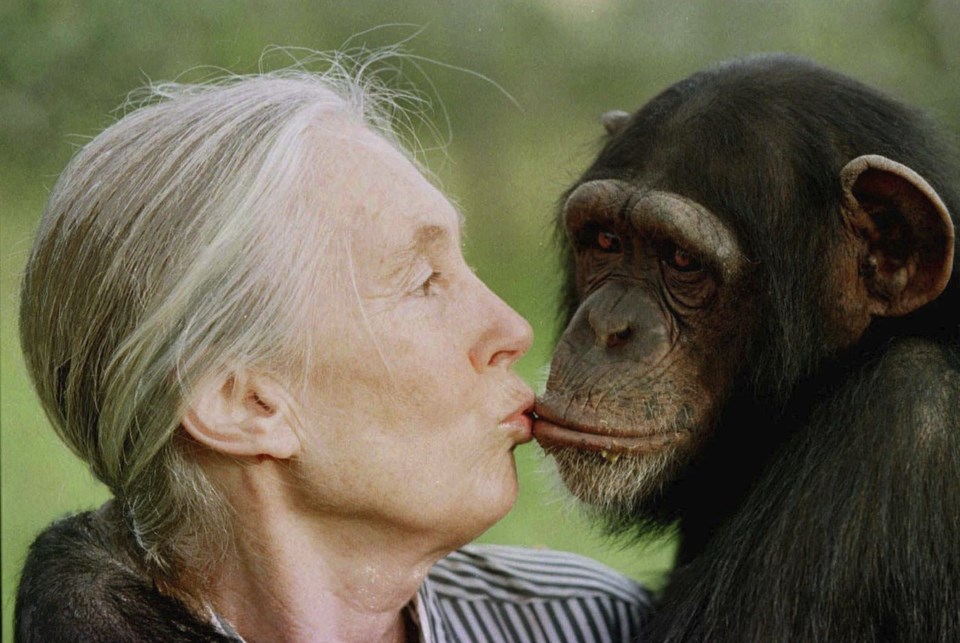LONDON/OTTAWA — Jane Goodall, the trailblazing primatologist whose groundbreaking research on chimpanzees forever transformed the world’s understanding of animals and who later became one of the planet’s most beloved environmental advocates, has died at the age of 91.
The Jane Goodall Institute confirmed Wednesday that she passed away of natural causes in California while on a U.S. speaking tour.
Goodall rose to global prominence in the 1960s through her pioneering fieldwork in Gombe, Tanzania, where she documented chimpanzees making and using tools — a discovery that shattered the scientific belief that tool use was unique to humans. Her vivid field observations, captured in National Geographic and widely broadcast documentaries, introduced the world to the emotional and social complexity of chimpanzees and blurred the once rigid boundary between humans and animals.
“Her discoveries revolutionized science, and she was a tireless advocate for the protection and restoration of our natural world,” the Jane Goodall Institute said in a statement.
Even after achieving global acclaim, Goodall’s commitment never wavered. She spent decades traveling the globe, often more than 300 days a year, educating audiences on conservation, animal welfare, and the climate crisis. Known for her gentle but compelling speaking style, she paired sobering facts with her enduring message of hope. “If one wants to change attitudes, you have to reach the heart,” she once said.
In her later years, she championed environmental education, launched her Roots & Shoots youth program, and continued inspiring generations of conservationists. Just hours before her passing, she had been scheduled to help plant 5,000 trees with students in California; organizers planted the first tree in her honor after a moment of silence.
United Nations Secretary-General António Guterres called her death a profound loss: “She is leaving an extraordinary legacy for humanity and our planet.”
Goodall received countless international honors, including the Templeton Prize in 2021 and the U.S. Presidential Medal of Freedom in 2025.
Born in London in 1934, her fascination with animals began as a child. She traveled to Kenya in 1957, where she met anthropologist Louis Leakey, who encouraged her to study wild chimpanzees despite her lack of a formal science degree. What began as a three-month study became a lifelong journey that reshaped science, conservation, and public attitudes toward animals.
Beyond her research, Goodall became a moral voice on issues ranging from animal welfare to climate change. Though she confronted the grim realities of environmental destruction, she consistently rejected despair. “Focus on the present,” she advised, “and make choices today whose impact will build over time.”
Jane Goodall’s life embodied the possibility of bridging science, compassion, and action. She leaves behind a transformed scientific legacy and a worldwide movement of conservationists, young and old, inspired by her call to protect the tapestry of life on Earth.

